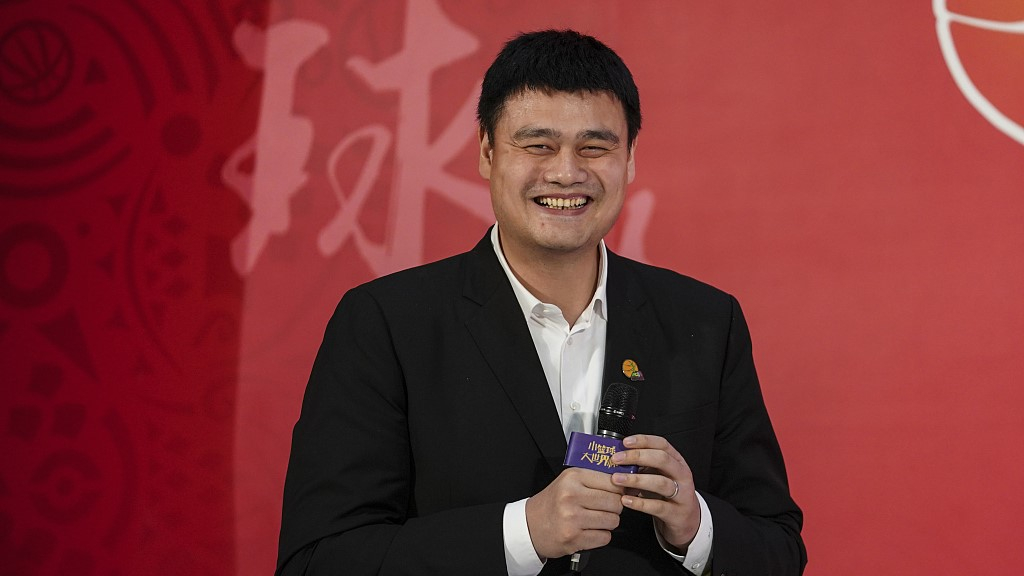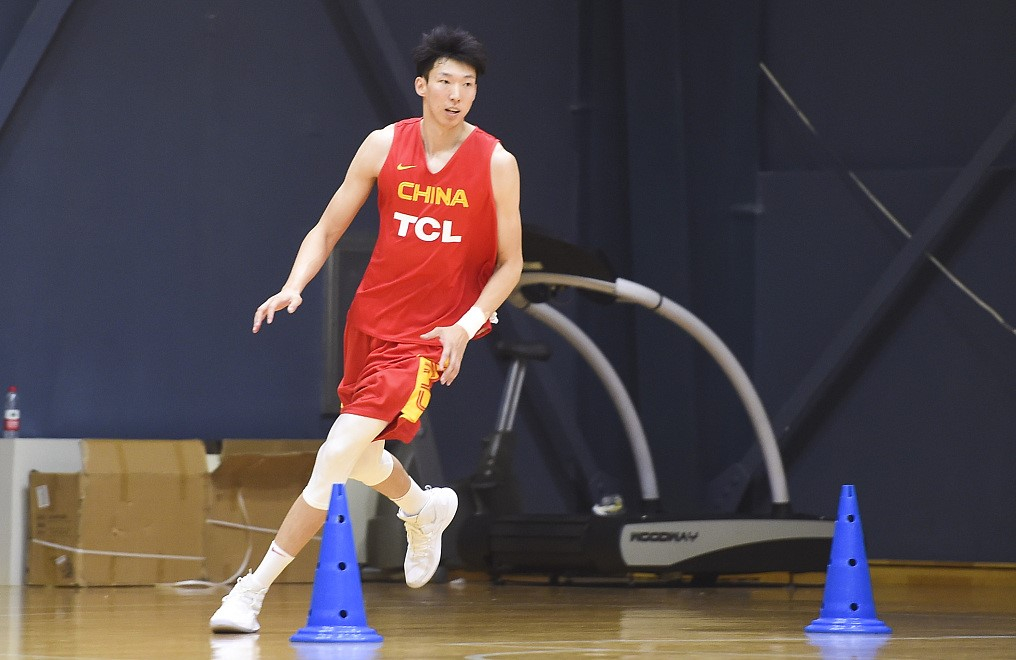
Basketball
19:03, 30-May-2019
Yao Ming presents new reforms to regulate player contracts
Li Xiang

The CBA League Sports Co. on Wednesday added three new rules to player registration management provisions and one of them focuses on ownership of players' contracts who go overseas and return to the CBA – some prefer to call it the "Zhou Qi rule".
In the 2018-19 season, Chinese center Zhou Qi failed to earn a steady spot with the NBA's Houston Rockets and decided to return to the CBA. Though there were a lot of reports about him joining the Liaoning Flying Leopards, the Xinjiang Flying Tigers, which Zhou used to play for before departing for the U.S., have two years of contract extension and signing priority. Though the issue was settled in the end, it raised the question over ownership of Chinese players' contracts who go overseas while still having a contract with Chinese clubs.
The new rule divided overseas playing into two categories: top overseas league (only NBA regular season and playoffs) and other leagues. After the team provides an agreement for their player to go to a foreign league, the team can keep the player's registration rights but must register the player every season or he won't be able to play in the CBA when he returns.
If a player leaves for an overseas league without finishing his contract with the Chinese team, there will be two scenarios. If his Chinese contract does not come due when he returns, the player will have to re-sign with the Chinese team and finish the rest of the contract instead of joining a different team.

Chinese basketball player Zhou Qi /VCG Photo
Chinese basketball player Zhou Qi /VCG Photo
If the player's contract with his Chinese team ends while he's playing overseas, when he returns the team has the right to match any contract offered to the player – a move that protects the interest of both the team and the player. The team will be able to keep a valuable player and the player can sign a new contract that fits the latest market conditions.
The other two new rules are about contract matching and buyout. In the past, the team had the priority to match contracts offered to their players who finished their second contract in the CBA. However, there were conditions with such priority. The team must pay the player the maximum salary to match the offer and one team can have at most three maximum contracts.
According to the new rule, starting this season, teams do not have to offer maximum salaries and, instead, only need to offer the same number as other teams do to keep their players.
The third new rule provides that when teams have to end their contract with a player in advance for non-injury reasons, they don't need to negotiate with the player but can simply do the buyout while paying compensation. The compensation is the total amount owed for maximum contracts and half of the money for other contracts.

SITEMAP
Copyright © 2018 CGTN. Beijing ICP prepared NO.16065310-3
Copyright © 2018 CGTN. Beijing ICP prepared NO.16065310-3